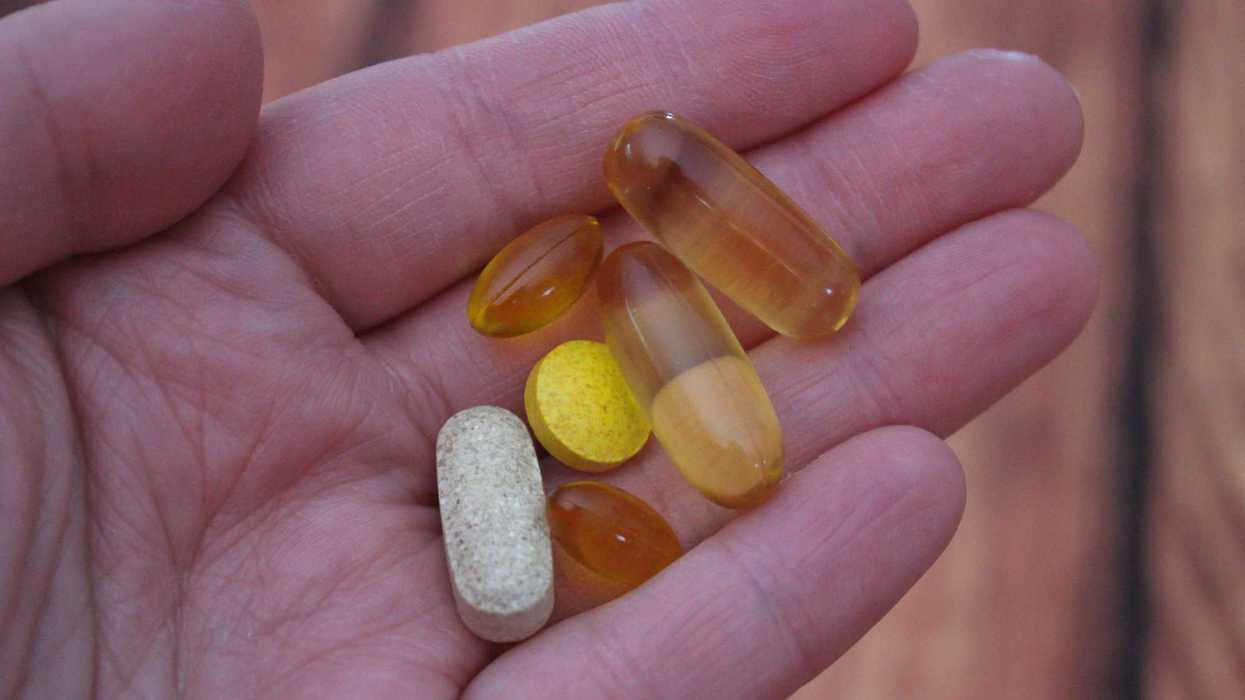A systematic review of 46 studies, published in the journal Environmental Health, found that the majority of studies reported that taking acetaminophen/paracetamol (the active ingredient in Tylenol) during pregnancy is associated with an increased incidence of neurodevelopmental disorders in children, including attention-deficit/hyperactivity disorder (ADHD) and autism spectrum disorder (ASD).
In short:
- Of the 46 studies included, 27 studies reported increased risks, nine showed no significant links, and four found protective effects between acetaminophen during pregnancy and offspring neurodevelopmental disorders.
- While the evidence was not entirely consistent, most of the higher-quality studies analyzed in the review found links between acetaminophen and an increased risk of neurodevelopmental disorders in offspring, with the strongest associations seen when acetaminophen was taken during the second and third trimesters.
- Due to the significant differences among the studies, the authors did not conduct a meta-analysis of the data. Instead, they evaluated the strengths and weaknesses of each study using a systematic review methodology.
Key quote:
“Appropriate and immediate steps should be taken to advise pregnant women to limit acetaminophen consumption to protect their offspring’s neurodevelopment.”
Why this matters:
Over 50% of pregnant women use acetaminophen worldwide, with about 20% taking it for more than 20 days. There are known harmful effects from other pain and fever medications during pregnancy, as well as known harmful effects of fever or persistent pain during pregnancy, leaving limited options. As a result numerous medical organizations currently recommend acetaminophen as a safe option during pregnancy.
The new study suggests a balanced approach to acetaminophen use during pregnancy. “Untreated maternal fever and pain pose risks such as neural tube defects and preterm birth, necessitating a balanced approach. We recommend judicious acetaminophen use — lowest effective dose, shortest duration — under medical guidance, tailored to individual risk–benefit assessments, rather than a broad limitation,” they wrote. For fevers, the authors of this review suggest physical cooling and medical consultation.
The authors point out that while this study does not show definitively that acetaminophen causes neurodevelopmental disorders, a causal relationship is plausible due to the strength of the results as well as the neurodevelopmental effects seen in animal studies. They also note that other environmental exposures and improved diagnostics could be additional factors in the increasing incidence of neurodevelopmental disorders, and that further research should look into causality and the exact ways in which the fetus’ development might be impacted by the drug.
Related EHN coverage:
For a deeper dive into this subject, including a look at other publications that have addressed the complexities of managing pain and fever during pregnancy, the endocrine-disrupting effects of acetaminophen, and links between autism and other endocrine disrupting chemicals, check out EHN’s previous reporting:
- Researchers, doctors call for regulators to reassess safety of taking acetaminophen during pregnancy
- Acetaminophen during pregnancy linked to autism.
- Exposure to chemical mixtures linked to an increased risk of autism in children
- Exposure to BPA linked to a higher risk of autism in boys
More resources:
- Mount Sinai Study Supports Evidence That Prenatal Acetaminophen Use May Be Linked to Increased Risk of Autism and ADHD
- March of Dimes: Can having a fever while pregnant hurt my baby?
Source: Prada, Diddier et al. for Environmental Health, Aug. 14, 2025.
The article above is for informational purposes only and does not constitute medical advice. Please consult a qualified healthcare professional for diagnosis and treatment of any medical conditions.
















